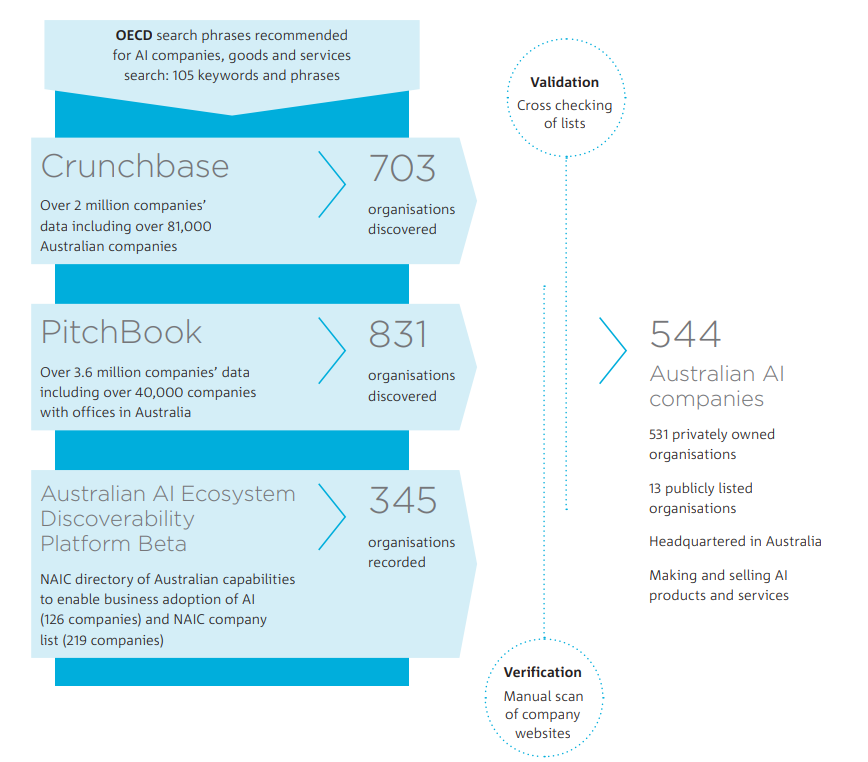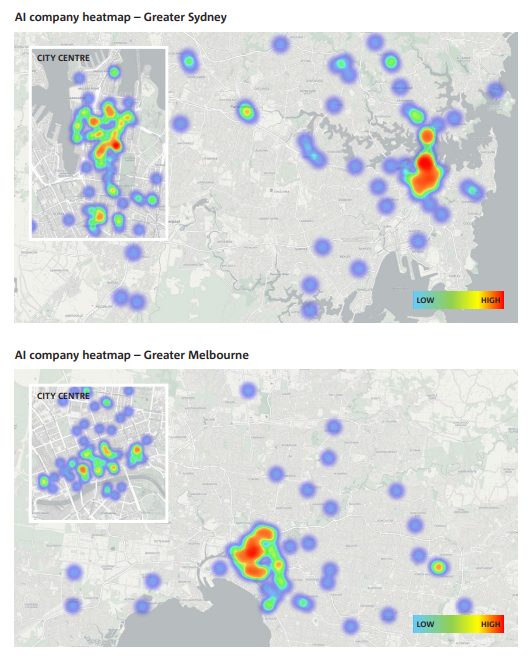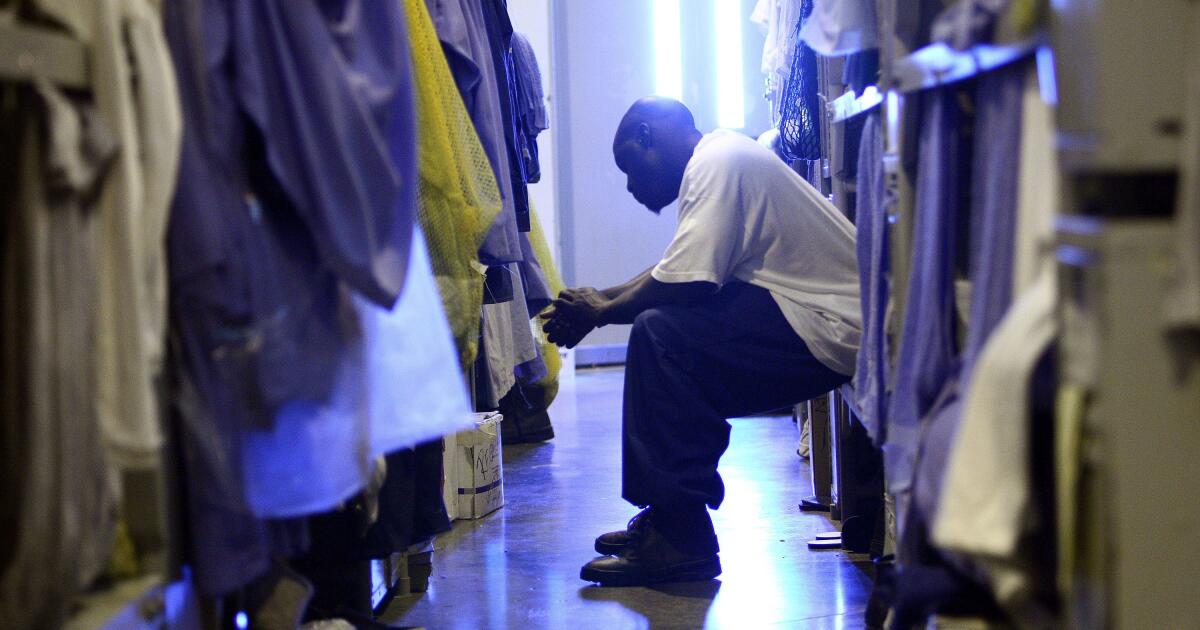The CSIRO National AI Centre, in collaboration with Google Cloud and co-working space Stone & Chalk, has launched a new AI competition in the hope of supporting Australian entrepreneurship around AI. Competitions like this are much needed in Australia as the country continues to strive to build a culture of innovation and entrepreneurship around technology.
The contest will take place over three months, during which the startups will receive tools, resources and support to develop a prototype. Those prototypes will then be evaluated and the winning application will receive A$300,000 in research and development support.
As Australia struggles to support AI startups through traditional venture capital and the country risks losing AI talent and ideas overseas, this competition aims to help build a culture of excellence and innovation in AI at the local level.
Australian organizations are falling behind in AI
The value of encouraging innovative thinking and then funding AI development through this competition becomes clear when you consider that, on almost every metric, Australia is at great risk of falling behind in AI:
- A report titled Responsible AI found that Australia is lagging behind in government policy, funding, research and investment and has done so for the past two decades.
- According to an AFR report, Australia's business leadership was falling behind other wealthy nations in adopting AI and other data-driven technologies.
- Australia lags behind the rest of the world in AI regulation, leading to a lack of cohesion and confidence in the ability of organizations to lead AI initiatives.
- Less than one in five Australian small and medium-sized businesses use even the simplest AI tools, such as ChatGPT.
- Australia contributes a relatively large amount of AI research published globally (1.6%), but only submits 0.24% of patent applications, indicating that Australia is not converting research and development into results commercial.
Australia lags behind even small economies in AI development
However, most significantly, Australia remains stagnant in the Global Innovation Index (Figure A). In 2023, Australia moved up one place to 24. This puts Australia in a lower innovation ranking than its global GDP ranking.
Countries such as the United States, the United Kingdom, China, Germany, China and Japan could reasonably be expected to rank higher. However, Australia also scores lower than relatively small and modest economies such as Estonia, Iceland and Luxembourg.
The basis of Australia's challenges
Combined, the challenges mentioned above highlight that Australia is in a self-perpetuating cycle that undermines its ability to be innovative in emerging technology areas. Because investment and innovation opportunities are relatively scarce, Australia has a constant “brain drain” of technical and business talent overseas. Australia's new Minister for Industry and Science, Ed Husic, referred to this as a priority in his first speech in that ministry, promising to make Australia a nation of “creators, not takers”.
SEE: Australia's international standing in AI research is an indicator of strong local expertise and potential.
The traditional challenges Australia has had in retaining talent mean there are fewer AI projects to support. Therefore, it becomes more difficult to obtain financing, which completes the cycle and encourages talent to seek opportunities abroad.
With seed funding falling by two-thirds over the past year, securing funding is becoming even more difficult. This perhaps explains why, despite there being uncontrolled demand for AI globally, the number of Australian AI companies is currently relatively modest: 544 (Figure B).

However, the CSIRO-Google-Stone & Chalk competition, by offering AU$300,000, is effectively providing the necessary money to an entrepreneur (most pre-seed funding rounds max out at $500,000). With the theme that the application of AI must support the national interest, competitions like these have the potential to “top off” venture capital funding and ensure Australia is generating innovation in the most critical areas.
Australia has innovation potential in the AI space
While Australia lags in innovation globally and is currently missing the boat on AI (one of the most critical innovation fields of all), when it is able to build a national infrastructure around a technological field, it can take a leadership position.
Australia's space program: a model to follow
For example, Australia has invested heavily in the development of its space program and, in 2021, generated 4.5 billion Australian dollars across 600 companies. By 2030, that figure is expected to rise to $12 billion in economic activity.
Meanwhile, Australia's National Quantum Strategy, which focuses on the quantum computing opportunity, is expected to add A$6.1 billion to Australia's GDP by 2045 and employ 8,700 people by 2030.
Both space and quantum computing are deep technology fields that demonstrate Australia has the resources and skills to commercialize the most advanced technologies when infrastructure and investment support the development of a local industry.
Small pockets of innovation communities emerge
There are also positive signs in the Australian market. One of the critical elements to building a healthy sector based on innovation is to evolve a “group” of companies. This is fundamentally what drove the growth of innovation centers like Silicon Valley.
As CSIRO research shows, that clustering effect for AI-based businesses is emerging in both the Sydney and Melbourne CBDs (Figure C).

The question is simply whether Australia can develop the infrastructure to capitalize on the AI opportunity before other innovation centers around the world can establish a tenured position in the field. There is an urgency to develop the local AI environment, and competitions such as CSIRO-Google-Stone and Chalk aim to support that acceleration.












